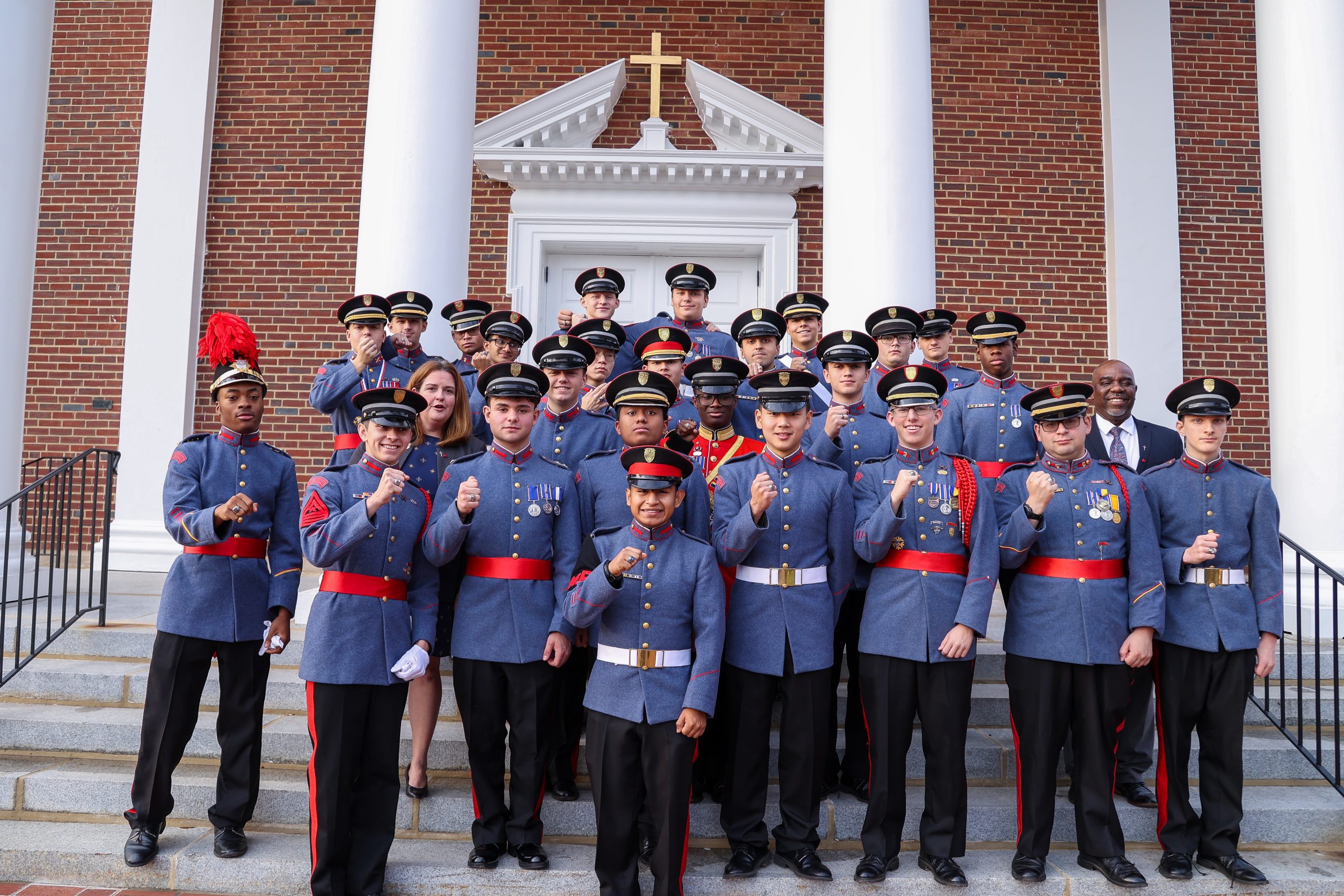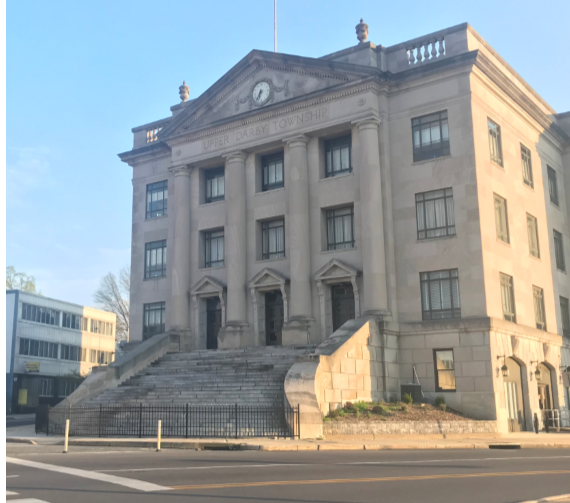Legendary Valley Forge Military Academy, which counts “Stormin’ Norman” Schwarzkopf Jr. and author J.D. Salinger among its alumni, was founded in 1928. But it will not live to see its 100th birthday. The VFMA Board of Trustees announced Monday that the Wayne, Pa., school is closing at the end of the current academic year. When […]


